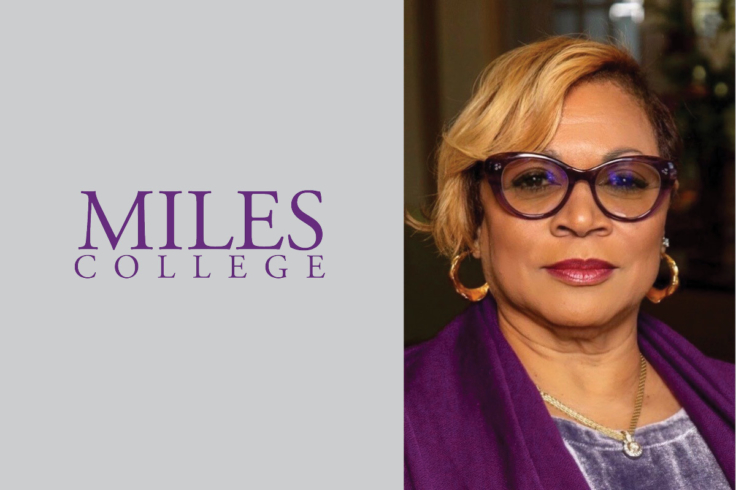This We Believe
My inbox and voicemail are full of questions from business leaders asking how they can help root out prejudice and what actions they can take to create real change within their organizations and society. For those of us who live with the reality of racial injustice every day, we are grateful for these messages and we believe good will rise out of the horrific act of injustice that took Mr. George Floyd’s life.
We believe the first step to combat the racial injustices that are still rampant in our country is intentionally removing obstacles that prohibit greater opportunity for people of color. For every leader who feels inspired with the purpose to drive out racism, I say embrace “intentionality” as your guiding force. While having purpose is an important step forward to prevent us from simply coasting, it is only the first step. After setting a goal, we must be intentional about the actions taken to reach the goal.
At Miles College – one of our nation’s pre-eminent historically Black colleges and universities (HBCUs) – we believe it’s our job to intentionally facilitate public discourse on complex and sensitive topics, like systemic racism, and teach others how to drive change through civic engagement. Miles College’s legacy in the civil rights movement offers valuable context on how to intentionally build community trust and foster a better understanding of the underlying reasons that have sparked the protests we see today.
But we can’t do it alone. We believe collaboration with the business community offers great promise to drive real change in society. We need allies to be intentional about eradicating racism in their organizations. For starters, business leaders can commit to increasing the number of diverse employees by offering more internships and job opportunities to minority students and graduates. Going a step further, business leaders could require every job search to include a slate of diverse candidates and provide equal opportunity for advancement into the C-suite for minority employees.
We believe being intentional means setting measurable goals upon which even the CEO will be evaluated. Filling the ranks with employees who look, think or live differently will create a deep reservoir of understanding of others’ perspectives and realities. If leaders feel they can’t speak authentically to these issues, they must be willing to listen, educate themselves and actively seek to learn how they can help.
As Miles College President, I am building on the civil rights legacies of former Miles College President Dr. Lucius Pitts, former Birmingham Mayor, Miles College graduate and faculty member Dr. Richard Arrington Jr., and former Student Government Association President Rev. Frank Dukes, who served on the frontline advocating for racial justice. With the support of Bishop Teresa Jefferson-Snorton, Chairman of the Miles College Board of Trustees, we have established the Miles College Center for Economic and Social Justice. Further, I have charged a task force to study and recommend how we might help business, law enforcement and the justice system to advance their efforts around civic involvement and the fight against injustice.
Every organization’s response to address racism and injustice will be different based on their resources and capabilities. As we reflect on the racism that has destroyed the lives of George Floyd and countless others, I challenge you to be a committed and intentional ally to discover how your team can join in the fight for justice and collaborate to develop a winning path forward. Together, our passion, voices, and ideas can and will invoke the societal change we hope to see. Drawing from the famed words of former SGA president Rev. Frank Dukes — this we believe.
–Bobbie Knight, Fifteenth President of Miles College



